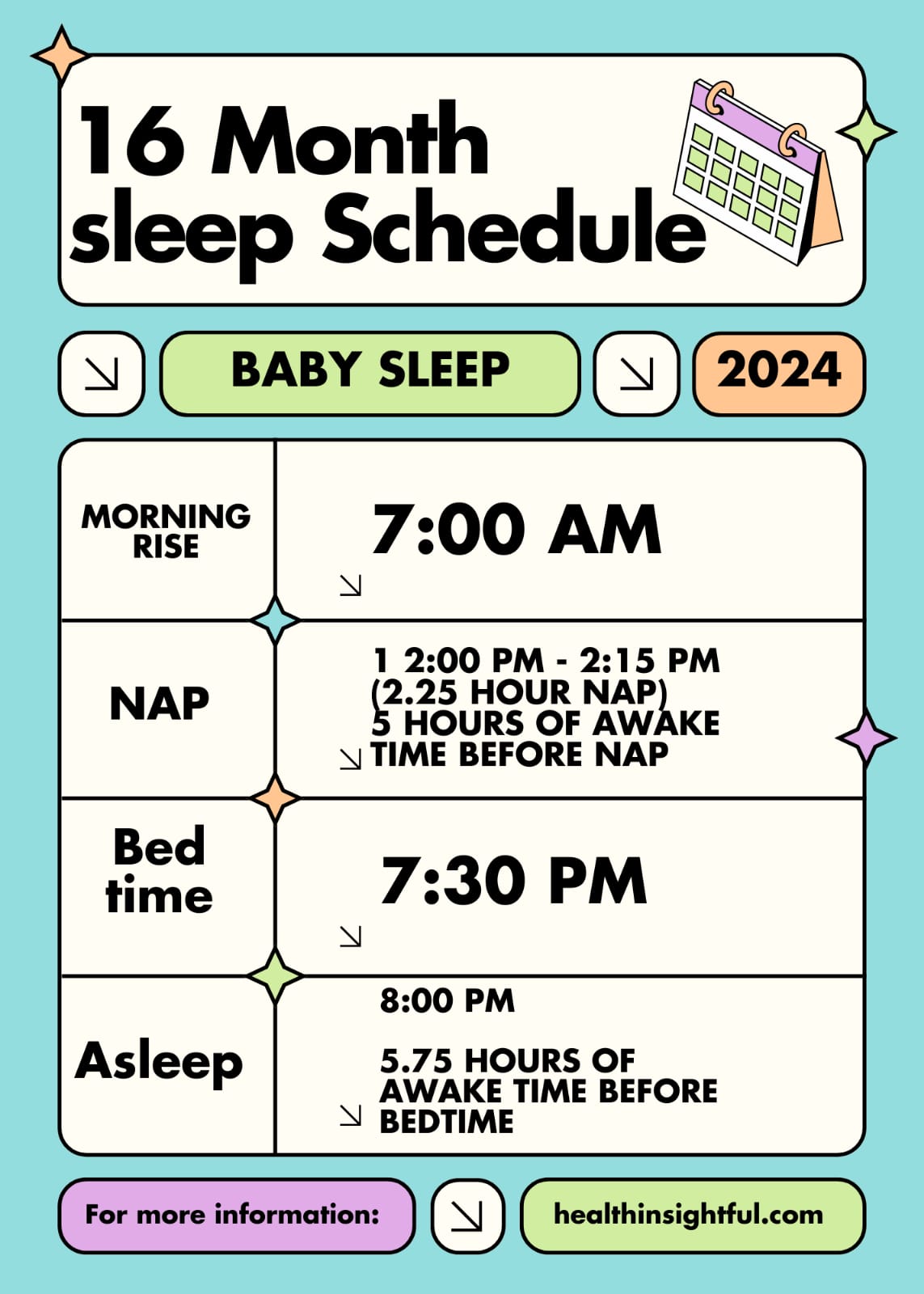If your baby has colic, then you know all too well the hours and hours of crying, frustration, and sleepless nights. Colic is a condition that affects about 20% of infants characterized by a period of intense crying that lasts for more than three hours a day, three days a week, and for at least three weeks. This is super exhausting on top of everything else going on when one is learning to take care of a new baby.
This article will outline measures, advocated by specialists, of calming a colicky infant and give some sleeping tips that will help the weary parents through this trying time.
Colic and Sleep Disturbances
Before covering strategies for sleep, it is important to understand why colic impacts sleep. Colic tends to peak around six weeks of age and wreak havoc upon a baby’s sleep, not to mention his parents’. The constant crying and discomfort that your baby is feeling makes them have a hard time falling and staying asleep, which in turn leads to a vicious circle of overtiredness, consequently bringing on the colic symptoms once again.
Symptoms of Colic
Colic is overwhelming, but familiarity with the symptoms marks the beginning of soothing your baby. Here are a few common signs:
- Complaining for no apparent reason: Unlike cries due to hunger or dirty diapers, colicky babies just cry and cry.
- Crying at exactly the same time of the day: Colic crying often occurs in late afternoon or evening.
- Clenched fists and arched back: Colicky babies often appear tight, may arch their back, and bring their legs towards the abdomen.
- Too much gas: Gas and fussiness are other symptoms associated with colic as the baby swallows air during their crying.
Sleep Strategies for Parents of a Colicky Baby
While it is utterly challenging to manage colic, these are tried-and-true ways to soothe your baby and in turn improve sleep for everyone.
1. Follow a Pre-Sleep Soothing Bed Time Routine
A bed time routine is very soothing for any baby; for a colicky baby, it is a must. A pre-sleep routine will help your baby realize that it is sleep time. It may include:
- A warm bath for complete release of the muscles.
- Light baby massage with soothing oils.
- Soft lullabies or white noise to comfort them.
- Dimmed lighting to help make the room quiet and still
You establish a routine that is predictable, hence minimizing stress with the most comforting environment for a colicky baby.
2. White Noise or Soothing Sounds
White noise or rhythmic sounds may just be what the infant heard inside the womb and is comforting to a colicky infant. A white noise machine, a fan, or soft classical music may work extremely well. Some babies even feel soothed with the sound of a vacuum cleaner or running water from a sink. This can work for your baby to fall asleep because such ambient tones cover sudden startling sounds and create a more constant auditory experience.
3. Try the “5 S’s” from Dr. Harvey Karp
Dr. Harvey Karp, the popular book author of The Happiest Baby on the Block, also developed a method called the “5 S’s” for soothing the colicky baby and sleeping better. The five moves included are:
- Swaddling: Your baby will feel cozy inside a snuggly wrapped swaddle and will be less startled by reflour arms). Remember to always put your baby on their back when it is time to go to sleep.
- Shushing: A loud “shhh” beside the baby’s ear may remind them of the whooshing sound of blood flow in the uterus.
- Swinging: Mild movement rocking or swinging may remind your baby of the motion that occurred during their pregnancy.
- Sucking: All colicky babies get comforted and find it very soothing to suck on a pacifier or to nurse.
This can often be a good method to try in order to help your baby settle down with ease and thus fall to sleep.
4. Infant Massage
Research has reported that gentle massage can relax the colic, thus improving your baby’s sleep. Baby massage helps release trapped gas and relaxes tightened muscles, therefore loosening their digestive system. Massage your baby’s tummy in gentle circular motions using your fingertips, and stroke your baby’s legs and back down the length. You may also want to try bicycle leg movements to release gas.
5. Keep Baby Upright After Feeding
It can be exacerbated by gas and reflux; hence, keeping your baby upright for at least 20 to 30 minutes after feeding helps your baby avoid this discomfort that might affect sleep. This is one simple step in reducing gas buildup and helping digestion go smoothly, whereby, in the process, your baby would have a hard time getting irritatingly fussy when rest time has to begin.
6. Provide More Frequent, Smaller Feedings
Overfeeding can exacerbate colic symptoms because it puts an added load on an immature digestive system. So, instead of offering large meals, consider offering smaller and more frequent feedings. This feeding method minimizes the potential for gas to form and reduces discomfort that could interfere with sleep.
7. Swaddle for Sleep
Wrapping your baby snugly up in a swaddle can prevent the startle reflex that many colicky babies have, which helps them feel safe and secure much like they did in the womb. Just be sure to stop swaddling once your baby shows signs of rolling over, as it can be a safety hazard.
Self-Care for Exhausted Parents
Caring for a colicky baby is mentally and physically exhausting. This is the very time when you want to take some time out for yourself, yet it may seem impossible. Here are some strategies that can help you cope with exhaustion:
1. Take Shifts
If at all possible, share night wakings with your partner. Even if one of you is doing the lion’s share of the feeding, the other can do the soothing or changing. That way, you’ll both get more rest.
2. Ask for Help
And don’t be afraid to ask for help from your family members or friends. Sometimes just one or two hours of rest when someone else is keeping your baby may make much difference in energy levels.
3. Sleep When Your Baby Sleeps
This may sound so trite, but sleeping when your baby sleeps can be a lifesaver when you’re trying to deal with colic. As such, don’t stress getting chores done during their nap-needing rest is much more important.
4. Practice Deep Breathing or Meditation
Perform deep breathing exercises or short meditations when your feelings of being overwhelmed reach their boiling point. Taking five minutes to breathe and clean your mind can refresh you.
When to Seek Professional Help
If your baby is violently colicky, or if you are worried about their well-being, do not hesitate to consult your pediatrician. Food sensitivity, acid reflux, and other underlying medical conditions can, in some instances, be linked to colic and have to be treated.
Closing Words
Dealing with colic is really tough, especially since sleep is an already-scarce commodity. These soothing techniques include pacifying with white noise, swaddling, and routine sleep actions that work in effectively putting your baby to sleep. And of course, don’t forget taking good care of yourself, too. Truly, managing colic is a marathon and not a sprint, and taking good care of yourself is highly important in childcare. Give time and patience, this too shall pass-and with the right approach, you and your baby will sleep easier nights ahead.










